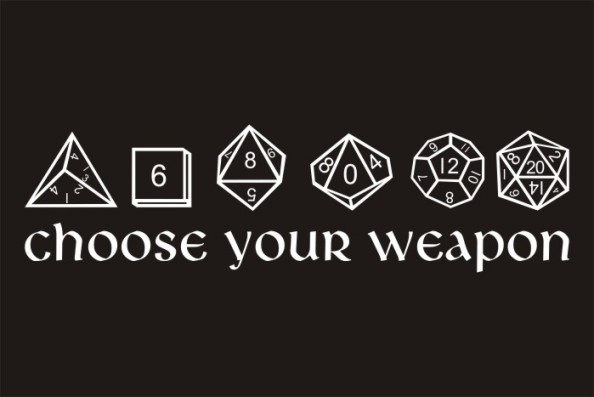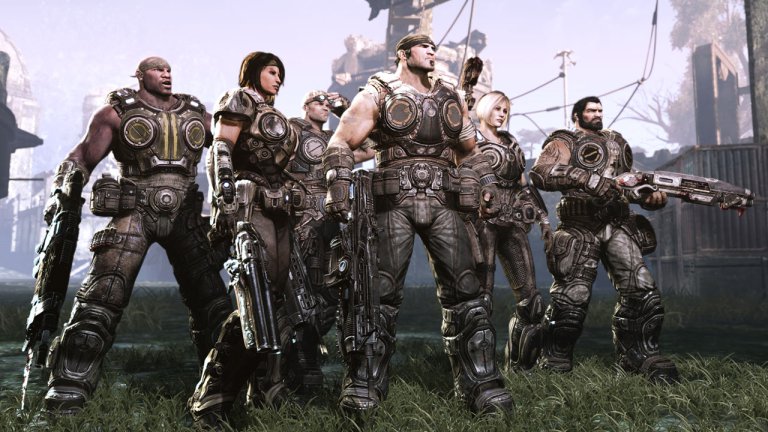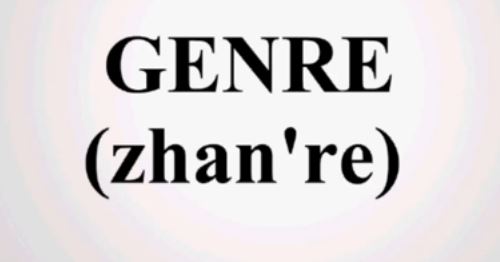After months of being a homeless transient, often literally living in a van, down by the river, I have a home and an internet connection. I have really missed blogging and podcasting with you folks for the last couple months, and I’m ready to come back with a vengeance. Ok, well maybe not totally. But I do think I have a perspective here that many of you might disagree with. So, without further intro, I’m back!
There are many, many things that annoy me, make me angry, and make me completely fucking irate. #womenagainstfeminism is sooooo not one of them. For those who haven’t heard, #womenagainstfeminism is a movement of women on twitter who are backlashing against things they perceive are tenants/outcomes of feminism. An example would be, #womenagainstfeminism because I can’t actually open my own pickle jar. Or, #womenagainstfeminism because I like getting treated like a woman. Or #womenagainstfeminism because men and women ARE different. Or, #womenagainstfeminism because I actually like my husband. Of course, not liking your husband isn’t a prerequisite to any type of feminism I know of, but the “man-hater” label has always (and maybe will always) been widely applied to feminists.
So why don’t I care that there is a movement of women against something I care so deeply about? There are several reasons:
1. #Womenagainstfeminism is feminist. Whether #womenagainstfeminism knows it or not, they are contributing in a deeply feminist act: binding together with other women on the shared belief that they are being oppressed in some way. That is the most feminist thing I can imagine. They are bucking a label put on them by society that they believe does not represent them and their interests. They are speaking out against men and women who believe they should behave a different way. Now, I’m not saying their view of what feminism is in any way resembles feminism today. I personally am really good at opening pickle jars because I’m not a fucking idiot. I can use grips, or a knife.
2. Their complaints against feminism are things that either once were somewhat true or are popularly held to be true. This is a tricky one. But also perhaps the most important one. Feminism for sure has a PR problem. Do feminists care? I don’t. Maybe some do. However, we can’t pretend that feminism is perceived in its infinite complexity by most people in the world. I don’t know if feminism needs to further address the fact that being feminist doesn’t mean being a man-hater. That seems to be over. But there was a time in feminist where it would be sacrilege to wear skirts. This of course was a response to a belief in society that all women had to wear skirts (when my mom first started college it was the dress code that women wear skirts). Feminists, and many women who may not see themselves as feminists, fought against this. I wear skirts almost every day. Because I like them. Feminist has nothing to do with whether or not you wear a skirt, but rather that you have the choice to do whatever you want. This is most of the backlash I’ve seen against the #: that feminism ensured you have a choice about all those things you are complaining about, such as being a stay at home mom, getting doors opened for you, or whatever. These women are calling their # “womenagainstfeminism,” but feminism isn’t their enemy. They are getting pressure from somewhere, however. Someone is sending the message it’s not ok to wear skirts, to love your husband, or to want to stay home. Someone is sending the message that it’s a betrayal to your gender or sex to need help opening a pickle jar. I don’t think it’s feminism, but it definitely falls under the umbrella of things feminism should be examining, because it seems many, many women are experiencing.
3. Historically, women have never, ever been on the same page about what women’s rights are, what feminism is, what it means to be a woman, or any of the main issues you would think we would tentatively agree on. We are different, and we need that difference. I don’t know what it means to be a woman. Do you need a vagina to be a woman? No. Do you have to identify as a woman? Maybe, but society may still see you as a woman. Just as a myriad of people can be a woman, just as a myriad of people can be genderless, or even sexless, a myriad of people can be feminists. As I said earlier, the act of banding together with other women to make a political statement 1) is only possible because of actions taken by feminists in the past and 2) is itself a deeply feminist act. So, in the end, I’m not going to care that these women are doing feminism in a way I disagree with. Period.
Now, as a treat:
#womenagainstsuffrage
because I trust my husband to vote in both our interests
because I don’t want to bother following politics
because I’m just going to vote the same way as my husband anyway
because doubling every man’s vote just doesn’t make sense #math
because knitting > politics
(thanks codyreimer.com for helping with the #womenagainstsuffrage)





2 thoughts on “Why I Don’t Care About #Womenagainstfeminism”
DUDE, I want to troll you SO BAD right now with #womenagainstsufferage stuff. However, since this is a public forum and one can never tell how jokes will be received online I will refrain from doing so as not to endanger my successful career in administration.
However, I wanted to point out something I have been thinking about after reading your post. Scholars are often attracted to the desire to group things together. We tend to like genres or tropes and we seek to organize these objects according to a set of shared properties which allows knowledge to be both manageable and persuasive. I mean, we group terms so that knowledge can aggregate and gain traction. The more people who understand and use the term feminism then the more cache you have as a feminist, right? Knowledge creates solidarity. Solidarity creates power.
For example, we take a concept like “feminism” which, to use one of your definitions, means, “binding together with other women on the shared belief that they are being oppressed in some way” and we seek to translate this from a concept to a system (something that guides action or a structuring of ways of being in the world). So, developing a group of general guidelines that everyone can agree guides a feminist’s action in the world and allows us to sort of establish rules for acting in the world as a feminist.
I think a point of friction arises when we seek to make one definition of a concept or belief into THE Definition of that concept. I mean its a modernist interpretation of a concept to say, for example, “Feminism is this, and only this, and if it is not this, then it cannot be feminist” as if there is some underlying platonic form that encapsulates the essence of feminism. On the surface it seems a very logical and rational move to think in these terms. However, this is where oppression begins, right? We begin to think of our term as the only term and apply it unilaterally without regard to how others might want to enact being in the world. This marginalizes people who cannot perform that sort of being in the world.
One of the cornerstones of post modern thought is complexity and multiplicity, right? It allows us the wiggle room you point to. There are Feminism(s). There are multiple forms of feminisms acting in the world at any given moment often jostling and competing for attention and we can enact several versions of feminism at any given moment depending on our material conditions, ideologies, and rhetorical situations, etc. You should also be able accept or reject various definitions without judgment.
You wrestle with this complexity well and acknowledge that there are multiple forms of being that are being enacting often at the same time. Its not relativity as if anything goes but an acknowledgement that things are multiplicitous and complex. That there are several forms of feminism that people can inhabit and its ok if those are different than the ones you might readily identify with.
I mean, Shit, its hard enough just being alive and a person without someone always saying you don’t fit in because you do not fit X or Y requirement or definition that someone laid down but became too rigid and oppressive despite the fact that the original attempt to define was probably well intentioned.
I think that is why analyses like yours are so important. They break down that modernist tendency to ascribe essences or forms. To create rigid definitions that restrict a person’s ability to enact being in the world that makes them feel free, valued, and accepted. It illustrates the need for rhetorical teaching that places everything into context and wrestles with the complexity of everyday life.
You make some excellent points, TP. I think you’re spot on with the seeming struggle, or gap, or whatever between modernist and post modernist thought. There seems to be an implicit resistance to acknowledging the multiplicity of people, or groups in general. Then again, a complex acknowledgement of something like that will never make a good #hastag, soundbite, or status update. The war between folks wanting to be acknowledged as complex and those insisting on labeling them as this or that is being fought on mediums that you’ve got to be a Patton Oswald or something to get across much nuance and complexity. Not to say it can’t happen–but I’m skeptical. Since writing this, I’ve also found out that the movement was started by people on 4chan trying to troll feminists and piss them off. I’d say there are some people who thought it was real and joined because the message resonated with them. But 4chan was right, it pissed a lot of feminists off. Which is too bad. That could have been a moment where people spoke and showed that we value difference. Oh wells.